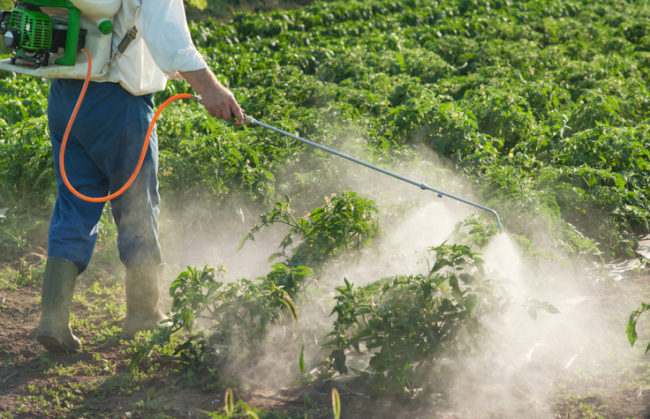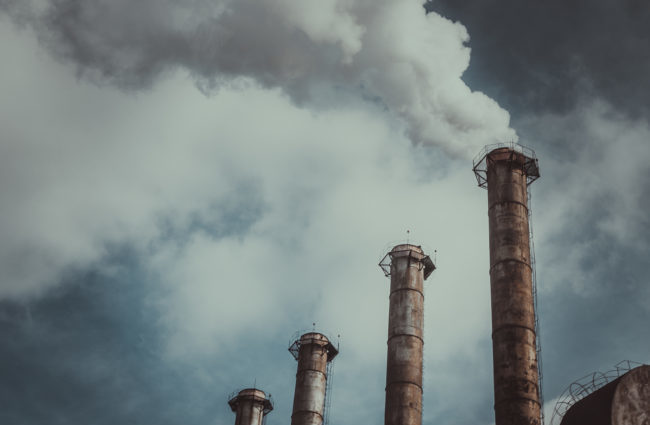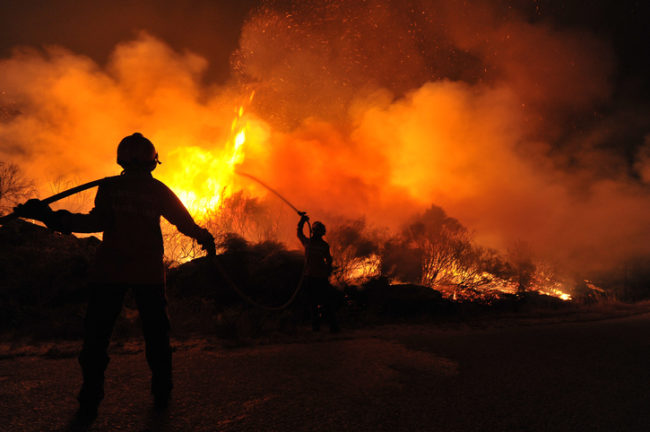There is a number few have heard of underlying many environmental regulations that are directly related to climate change — the Social Cost of Carbon (SCC). As noted in a recent article in The Economist, climate economists refer to the SCC as “the most important number you’ve never heard of.” Essentially, the SCC attempts to capture in a single number how much “damage” a one-ton release of CO2 today will have in the future, expressed in today’s dollars. Of course, estimating the amount …
Continue Reading









